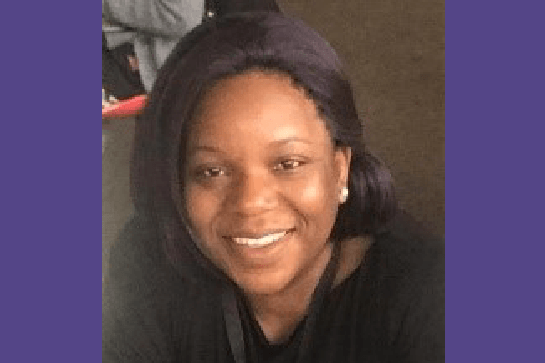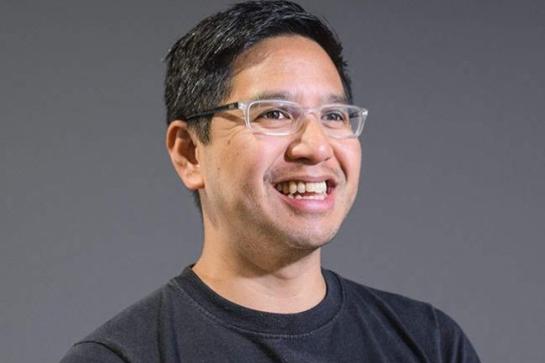
The legacy of educators such as bell hooks, Paulo Freire, Ron Scapp and Henry Giroux is, among other things, the notion of education as a liberatory and healing practice, and an opportunity for individuals to make sense of their lives. This practice positions the classroom as a collaborative space to enable learning to be a joyful experience. The aim of this Colloquium is to provide an open and supportive environment within which to share, discuss and learn from contemporary practice-based interventions and initiatives that explore ways in which educators create spaces of joy and excitement not only in classrooms and lecture theatres – but also within their practice and social action outside the classroom.
Booking Information
Date: 18 June 2024, In-person
Venue: Sheffield
To educate as a practice of freedom then refers to teaching in a way that anyone can learn; to “teach in a manner that respects and cares for the souls of our students... to provide the necessary conditions where learning can most deeply and intimately begin…” (hooks, 1994). Core to this act of education as an act of freedom is the education of students to think critically, particularly against racial, sexual and class boundaries to achieve the gift of freedom so that it becomes the “practice of freedom, [to] deal critically and creatively with reality and discover how to participate in the transformation of their world" (Freire, 2014) which is increasingly important in our current global social and political climate.
The legacy of educators such as bell hooks, Paulo Freire, Ron Scapp and Henry Giroux is, among other things, the notion of education as a liberatory and healing practice, and an opportunity for individuals to make sense of their lives. This practice positions the classroom as a collaborative space to enable learning to be a joyful experience.
Aim
The aim of this Colloquium is to provide an open and supportive environment within which to share, discuss and learn from contemporary practice-based interventions and initiatives that explore ways in which educators create spaces of joy and excitement not only in classrooms and lecture theatres – but also within their practice and social action outside the classroom.
Who should attend?
The Colloquium will include a keynote session, guest provocations, participant-led workshops/presentations and a closing plenary. Drawing on research and/or evidence-informed practice, we anticipate the event will appeal to academic and professional service, leaders with responsibility for staff and their development, the Staff Development community, and EDI professionals within higher education.

